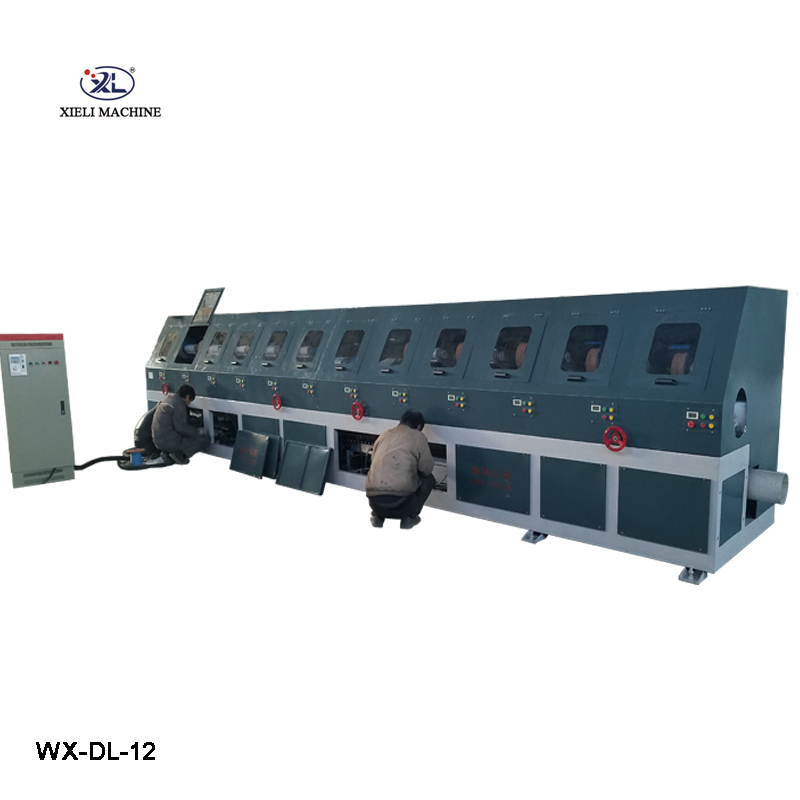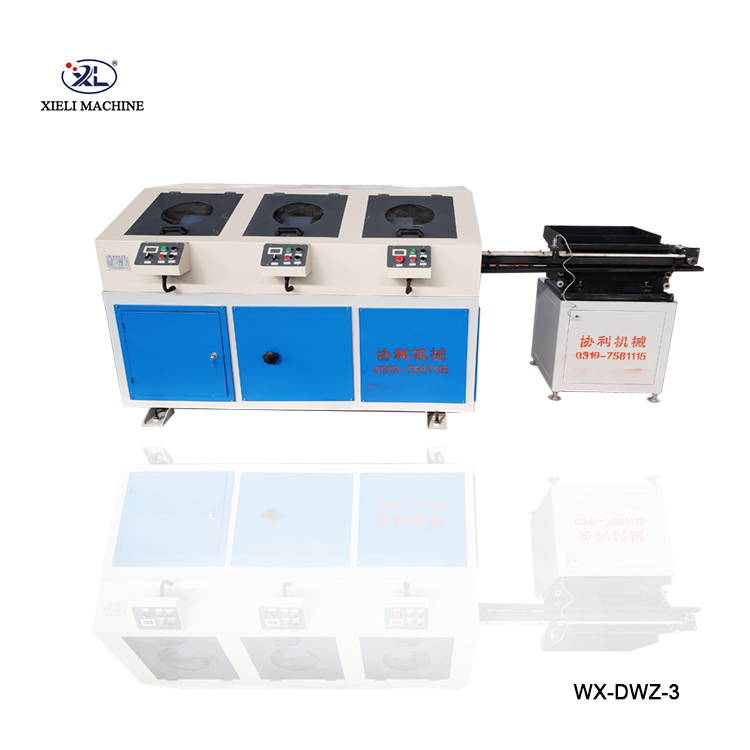For More Details Pls Contact Us
Fiberglass Reinforced Plastic (FRP), also known as fiber-reinforced plastic, is a composite material widely used across various industries.
Select The Product You Need

Hydraulic round pipe polishing machine manufacturers

Wet stainless steel pipe rust polishing machine
Follow Our Blog